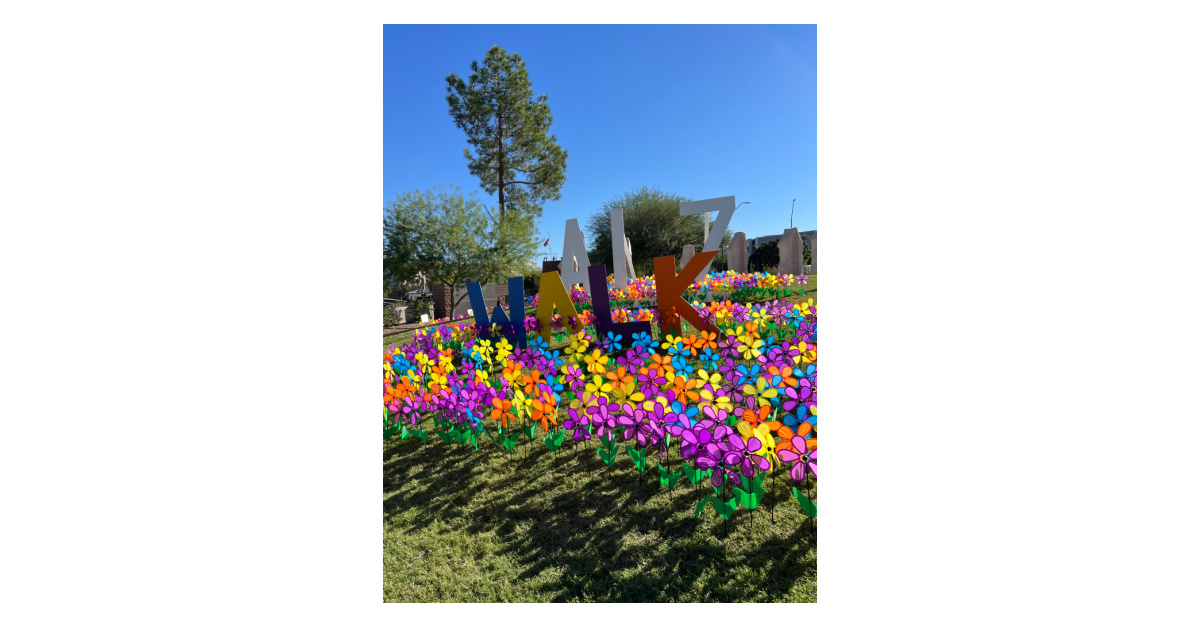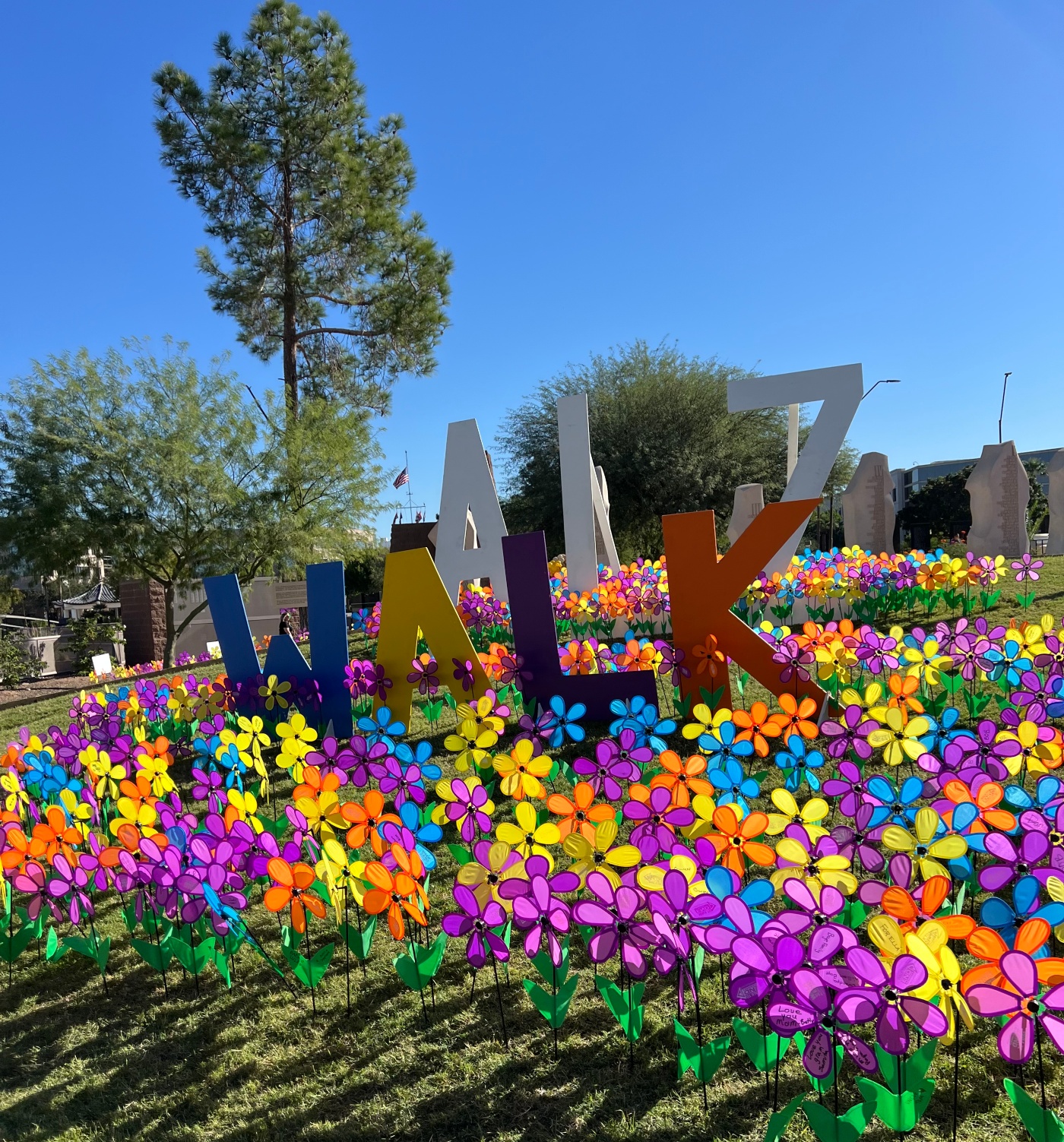Aging in place gives older adults something priceless: the comfort of home, familiar routines, and the freedom to live life on their own terms. But staying at home can also bring new risks—especially as scams aimed at seniors become more common and more sophisticated. Today’s fraud attempts don’t just happen through shady phone calls. They arrive by text message, email, social media, and even at the front door. And scammers are skilled at sounding convincing, urgent, and “official.”
The good news is that seniors don’t have to figure all of this out alone. With involved family members and trusted senior home care support, older adults can learn to spot red flags, trust their instincts, and protect themselves without giving up their independence. Becoming “scam savvy” isn’t about living in fear—it’s about staying informed, confident, and supported.
Helpful Monitoring
One of the biggest advantages of senior home care is simple but powerful: consistent presence. Caregivers spend meaningful time with clients in their daily environment, which gives them the chance to notice warning signs that others might miss.
A home care professional may observe:
- repeated calls from unknown numbers
- piles of suspicious mail or sweepstakes letters
- emails asking for passwords or personal details
- unexpected visitors claiming to represent a utility company, charity, or government agency
When a caregiver is nearby, they can gently step in if something feels off. That might look like asking a calm question—“Did you request that service?” or “Do you want to check with your daughter before answering?”—which helps the senior pause before reacting in the moment.
Even more importantly, caregivers often notice changes in behavior. If someone who is usually cautious becomes secretive about phone calls, suddenly worried about money, or unusually anxious when the mail arrives, those shifts can be a clue that a scam attempt is underway. A trained caregiver can alert the family early, which can prevent a small issue from becoming a financial or emotional crisis.
Education Through Conversation
Learning about scams doesn’t have to feel like a lecture. In fact, seniors often absorb information best when it comes naturally and respectfully. Home care professionals are in a perfect position to weave scam awareness into everyday life.
For example, while helping with lunch or a ride to an appointment, a caregiver might say:
- “I heard about a new phone scam going around—people pretending to be Medicare.”
- “If anyone ever asks you to pay with gift cards, that’s a big red flag.”
- “It’s always okay to hang up and call back the official number.”
These casual conversations feel supportive instead of patronizing. They allow seniors to learn gradually, ask questions, and talk through situations without feeling embarrassed.
Caregivers can also help with technology-related risks. Even seniors who are comfortable online can be caught off guard by modern scams. Phishing emails, fake login links, and “support” pop-ups are designed to look real. A patient caregiver can break these threats down in simple terms and help the senior practice safer habits—like not clicking unknown links, checking email senders carefully, and never giving out passwords over the phone.
Building Confidence and Decision-Making Skills
Scammers usually aren’t looking for the most naïve person—they’re looking for the most isolated. Fraud thrives when someone feels rushed, alone, or afraid of making a mistake. That’s why emotional support is just as important as education.
Senior home care helps reduce isolation and builds confidence. Instead of telling seniors what to do, caregivers can encourage stronger decision-making by asking open-ended questions, such as:
- “Does this offer seem too good to be true?”
- “Why do you think they’re pressuring you to act right now?”
- “What would you want a friend to do in this situation?”
This approach strengthens a senior’s ability to think critically without feeling judged. Over time, they become more comfortable trusting their instincts, saying “no” to pushy people, and checking with family before making decisions.
It also sends a clear message: asking questions is smart—not foolish. A senior who feels respected is far more likely to speak up when something doesn’t feel right.
Creating Practical Safeguards
Awareness is the first step, but real protection comes from simple systems that reduce risk in everyday life. Caregivers can help seniors set up safeguards that support independence rather than limit it.
Helpful measures might include:
- setting up call blocking or spam filters on phones
- placing a “no soliciting” sign on the front door
- organizing important documents so real accounts are easy to find
- creating a short list of trusted people to contact when unsure
- establishing a family rule: “Any big money decision gets discussed first.”
These tools add structure and security without taking control away from the senior. The goal is not to prevent them from making choices—it’s to give them more confidence that the choices they make are safe.
A Safer, More Supported Aging-in-Place Experience
Scams are frustrating, frightening, and far too common—but seniors can absolutely learn to protect themselves. With the right support, they can stay independent while also staying alert. Senior home care plays a unique role by combining daily companionship, practical help, and steady awareness in the place seniors are most vulnerable: at home.
For families, this partnership brings peace of mind. You know someone is there to notice odd patterns, reinforce good habits, and step in when something seems suspicious. For seniors, it means having a knowledgeable ally who makes safety feel empowering—not restrictive.
Aging in place should be about comfort and confidence. With scam-savvy skills and the steady support of senior home care, older adults can keep both.
Sources:
https://www.nia.nih.gov/health/safety/beware-scams-targeting-older-adults
https://theseniorsource.org/elder-fraud-safeguard-seniors-financial-scams/
https://www.allaboutseniors.org/scam-savviness-for-older-adults
If you or an aging loved one is considering senior home care in San Tan Valley, AZ, please call the caring staff at Golden Heart Senior Care of Scottsdale at (480) 284-7360. We are here to help!




